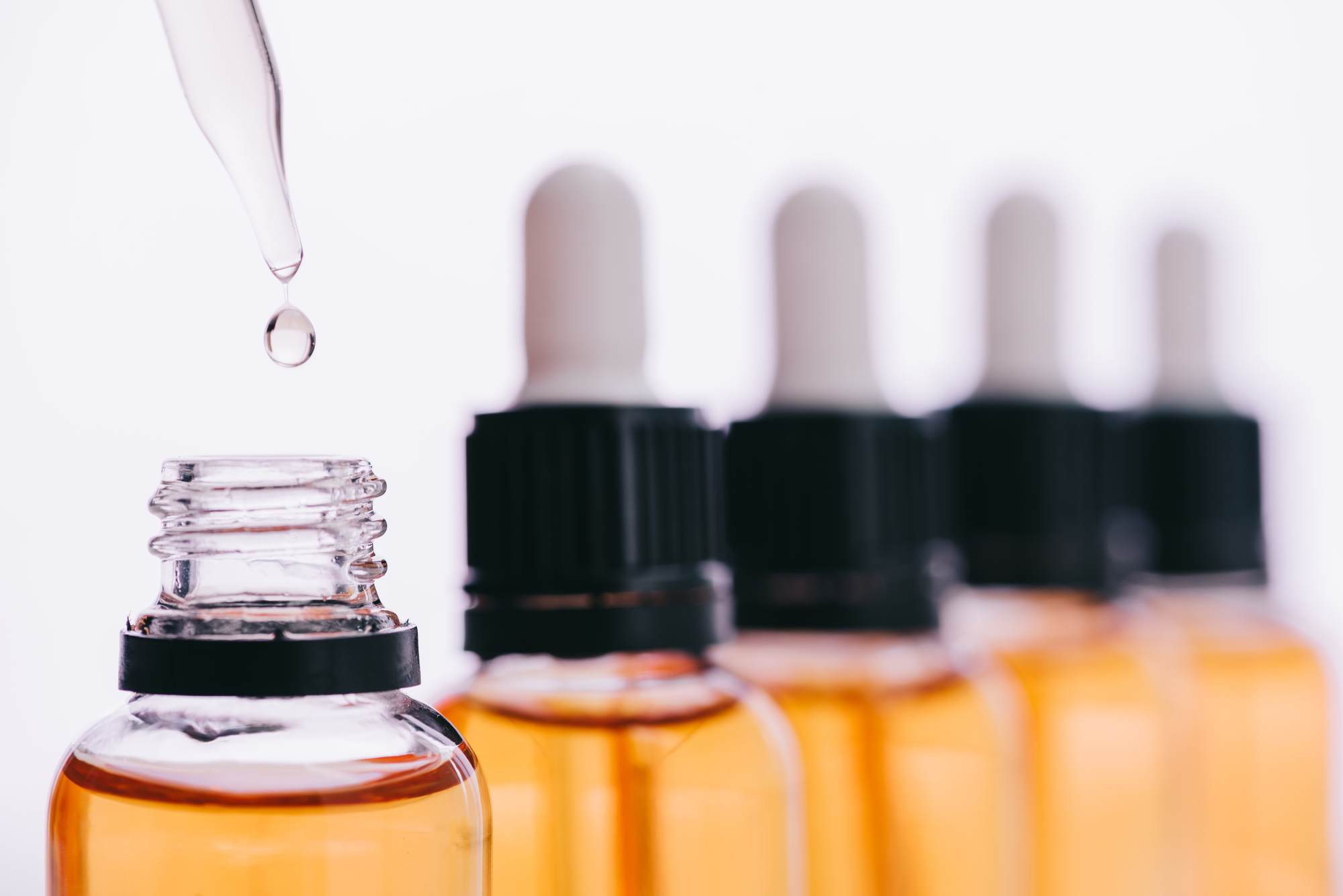
CBD has become a popular over-the-counter treatment for many ailments, from anxiety to inflammation. It’s still being studied for its medical uses, but it’s available in many areas. But whether it’s truly safe for recovery is a slightly more complicated question.
First: CBD Isn’t Entirely Legal
CBD has a complicated legal status. It’s available in most states, but it’s still prohibited on a federal level, much like marijuana. If CBD is hemp-derived, it’s not considered entirely legal, but the DEA doesn’t restrict it. If CBD is derived from marijuana, it can be a controlled substance. Those with professional licenses or those who could end up under additional legal scrutiny may want to be cautious.
Further, whether CBD shows up on a drug test depends on how it was derived. CBD itself is not tested for, but CBD can include some trace amounts of THC. If CBD does include THC, the THC could show up on drug tests. THC can stay in a person’s system for a long time.
Is CBD Safe to Use During Recovery?
CBD is derived from marijuana plants. Marijuana produces THC and CBD. THC is what produces the “high” effects of marijuana. CBD acts as a limiter to anxiety, which can be caused by THC. CBD is often used for relaxation and to limit anxiety for that reason.
However, there are a few reasons why some are wary of using CBD in recovery:
- It can produce a familiar, relaxed feeling to Indica-heavy cannabis plants, which could potentially trigger an individual who is otherwise avoiding marijuana.
- It may cause someone in recovery to fall back on old patterns of use, through sheer force of habit.
- It is not entirely legal or confirmed to be completely safe.
That being said, CBD itself is not addictive nor has it been found to be potentially harmful to health. In fact, many argue that marijuana itself should not be a danger to recovery, because marijuana is not inherently addictive (though it can be psychologically addictive). Always talk with your sponsor and support group about something like this.
Whether CBD is safe to use during your recovery is a personal choice. It is not an addictive substance and is believed to be helpful for anxiety, seizures, depression, and more. However, if you personally feel as though it might trigger some desire for other substances, it may be best to avoid. For more information about keeping yourself safe and sober, check out the My 12 Step Store blog.
